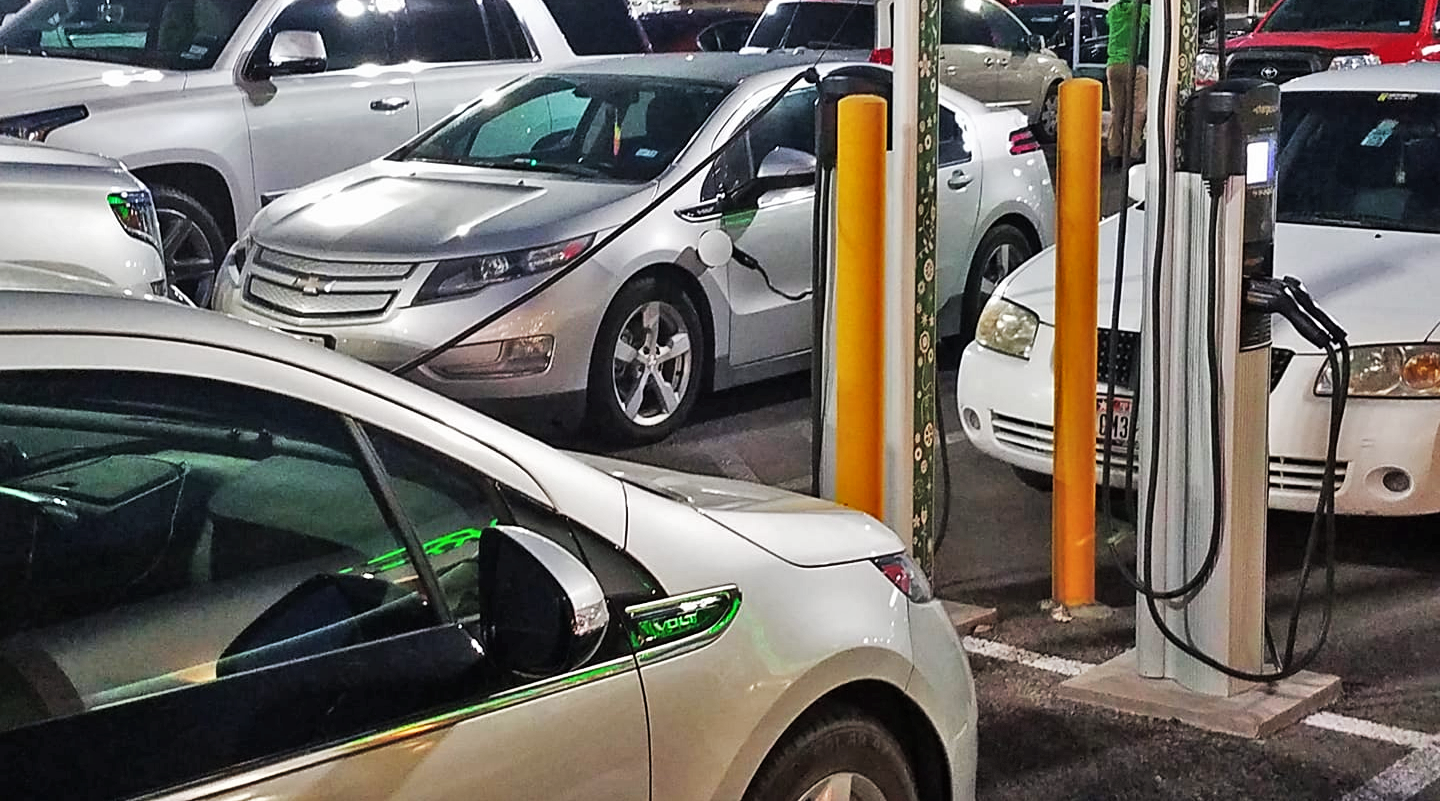In recent months, we’ve seen the automotive industry pivot away from a focus on battery electric vehicles (BEVs). Now, the EV movement faces a unique set of challenges that could come after the rise of plug-in hybrid electric vehicles (PHEVs). If people get hooked on PHEVs, we could find ourselves having a tough time getting car buyers to want to move on from “the best of both worlds.” In this article, I want to talk about what some of those challenges are and what we can do to get past them.
The Challenges PHEV Dominance Could Pose First, we need to talk about infrastructure. The cold hard fact is that the federal government simply can’t fund all of the charging stations we’d need for everyone to be able to go electric. The government theoretically could afford it, but the kind of spending that would be needed would fail to get past political hurdles.
The funding for EV charging stations in the Infrastructure Bill wasn’t meant to solve the problem entirely. It was meant to break the Catch-22 where people don’t want EVs because there aren’t enough charging stations, allowing more early mainstream adoption, which in turn would lead to more demand for charging stations. This, it was thought, would lead to more private investment to meet the new demand.
In other words, the Biden folks don’t want to fuel the car. They only want to jump-start it. If the next generation of mainstream electrified vehicles doesn’t need the infrastructure, that could cause the growth of EV infrastructure and BEVs to sputter.



Yes, this article, and especially the content you replied to, makes me think they don’t understand why people want these types of vehicles. Also, that they don’t even understand what they are saying.
Worst of both worlds? Do people regularly need to drive 300+ miles a day? No. Around town driving is usually less than 50 miles a day and occasionally they want to take a road trip. That’s where I live. I’m not gonna go full electric and then try to drive 500+ miles. The infrastructure just isn’t there yet. Even with plug-in hybrids, it’ll get there.